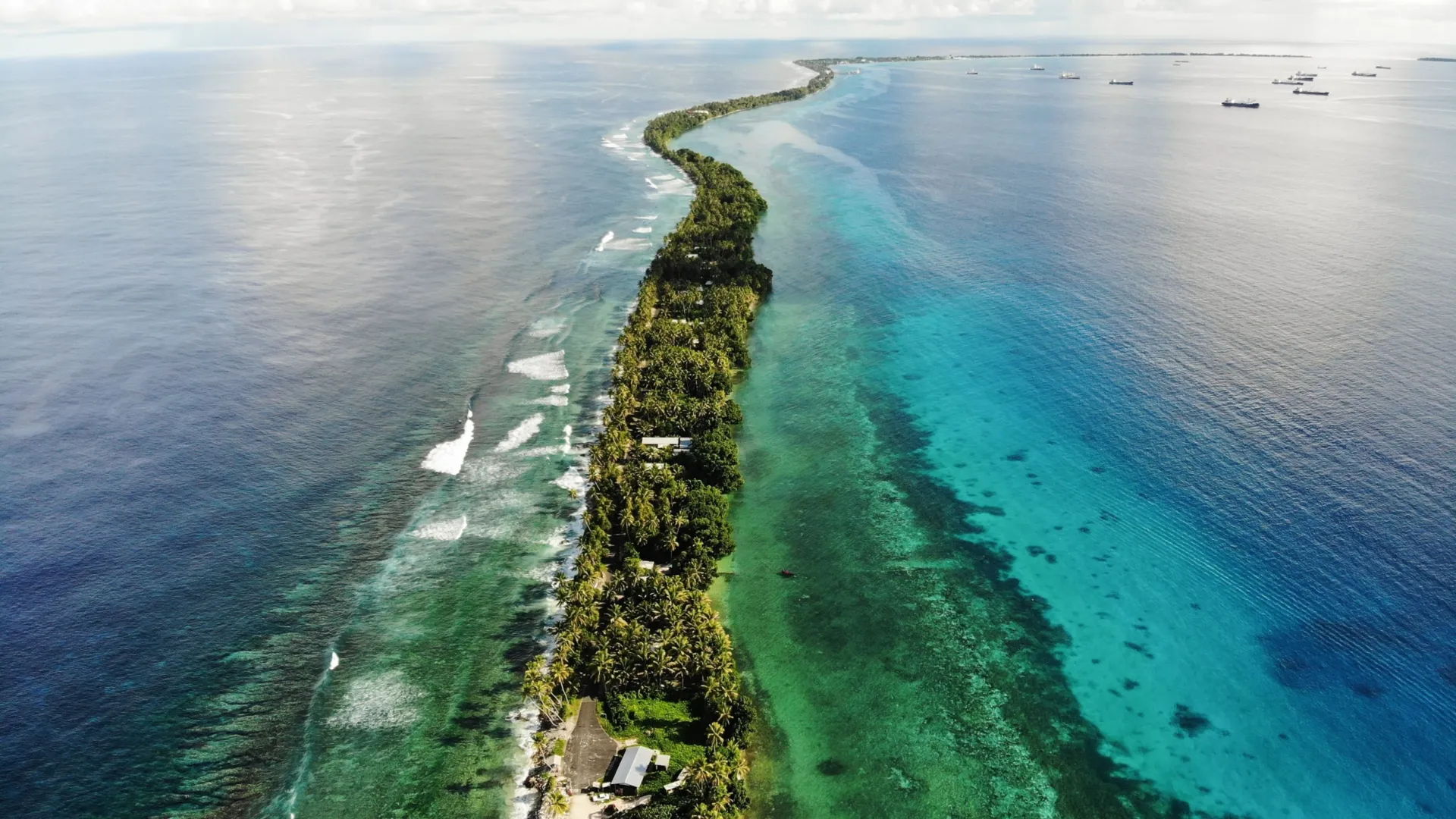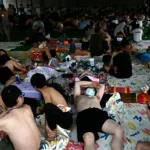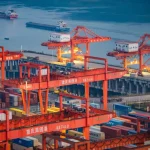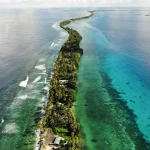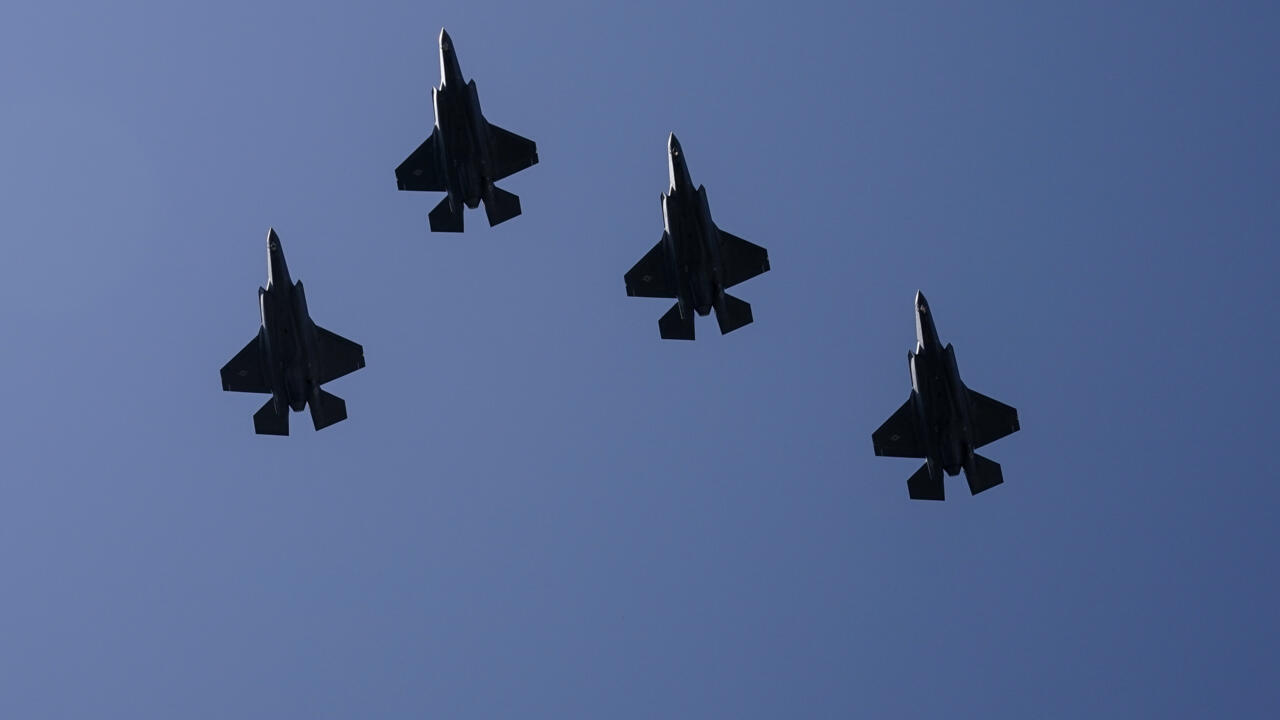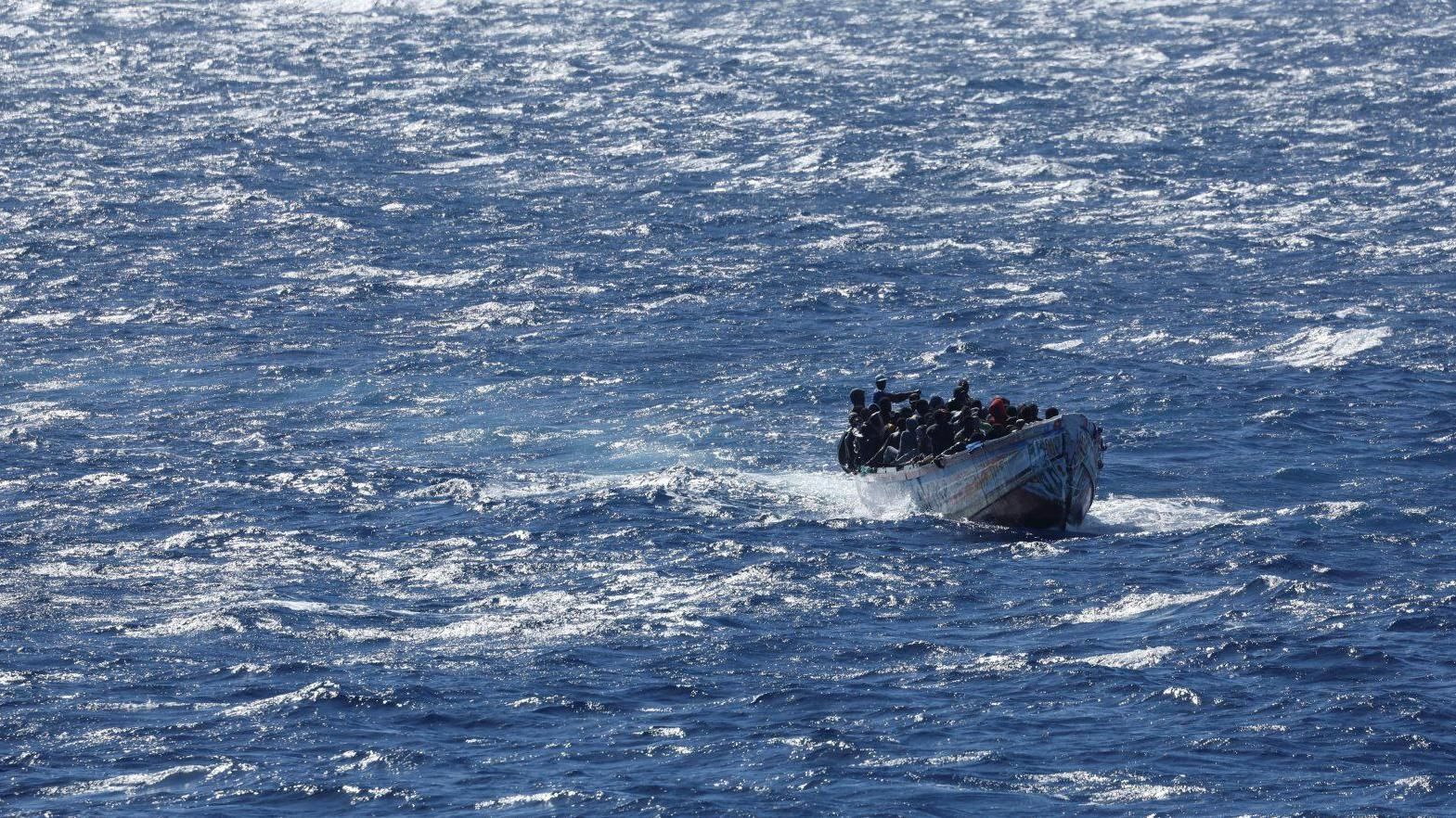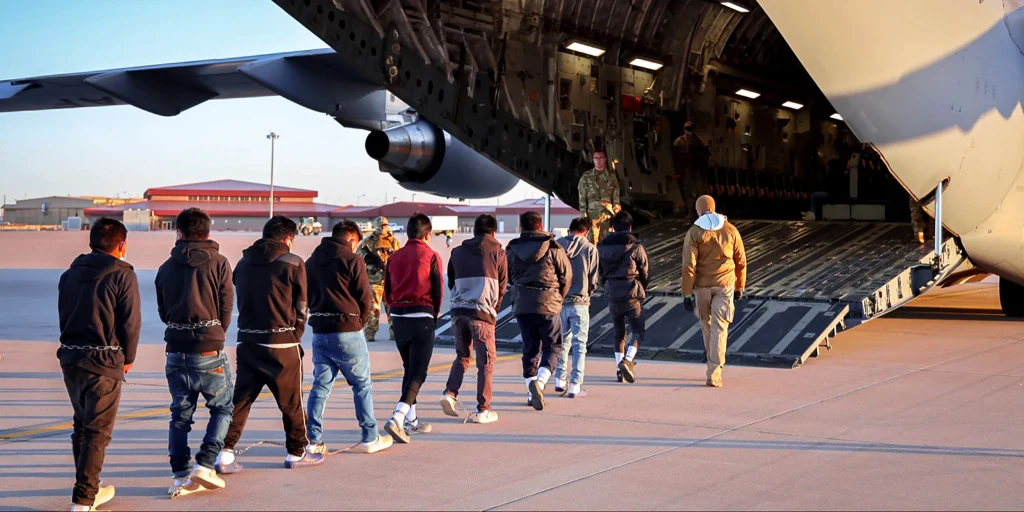The Pacific Islands Forum (PIF), one of the most influential gatherings of leaders in the Pacific region, has once again brought global attention to the existential threat of climate change. This year’s meeting was dominated by urgent discussions on the climate crisis, with leaders emphasizing that for small island nations, the issue is not abstract policy—it is a matter of survival. Rising sea levels, intensifying cyclones, and saltwater intrusion are eroding land, destroying infrastructure, and displacing communities. Against this backdrop, China’s conspicuous absence loomed large, highlighting the geopolitical undercurrents shaping the future of the Pacific.
- The Pacific Islands at the Frontlines of Climate Change
- Why Climate Crisis Dominated the Pacific Islands Forum
- China’s Absence and Its Geopolitical Significance
- The Role of the United States and Other Partners
- Pacific Voices Demand Action, Not Rhetoric
- The Economic Costs of Climate Inaction
- The Forum as a Platform for Unity
- Looking Ahead: What the Forum Means for Global Climate Politics
- FAQs
- Why is the climate crisis so critical for Pacific island nations?
- What role does the Pacific Islands Forum play in climate action?
- Why was China absent from the Pacific Islands Forum?
- What commitments were made at the forum?
- How does the climate crisis affect Pacific economies?
- Conclusion
The climate crisis is pushing Pacific nations to demand stronger global action, calling on industrialized countries to reduce emissions and honor financial commitments. But at the same time, the forum is grappling with competing interests: balancing the urgency of climate adaptation with the growing influence of outside powers, particularly China and the United States. As leaders called for solidarity, the absence of one of the region’s most assertive players raised questions about the role of geopolitics in shaping climate cooperation.
The Pacific Islands at the Frontlines of Climate Change
Pacific island nations such as Kiribati, Tuvalu, and the Marshall Islands are at the very forefront of climate change. These nations are among the most vulnerable in the world, with average elevations just a few meters above sea level. Scientists warn that even a 1.5°C rise in global temperatures could render some islands uninhabitable by the end of the century.
For these communities, the crisis is already unfolding. Saltwater intrusion is contaminating freshwater supplies, coral bleaching is devastating marine ecosystems, and powerful cyclones are wiping out infrastructure in hours. Entire villages in Fiji and Vanuatu have been forced to relocate inland, while others face the looming possibility of international displacement.
At the Pacific Islands Forum, leaders underscored the urgency of these challenges. “For us, climate change is not a debate—it is a lived reality,” one leader declared. This sentiment reflects a deep frustration with the slow pace of global climate negotiations, which often fail to capture the immediacy of the Pacific experience.
Why Climate Crisis Dominated the Pacific Islands Forum
The dominance of climate discussions at this year’s PIF reflects the stark reality that the region cannot afford delays. The Intergovernmental Panel on Climate Change (IPCC) has warned that without rapid reductions in greenhouse gas emissions, the world will surpass critical thresholds that could accelerate global warming. For the Pacific, that means not decades but years of survival left.
The forum pushed for stronger commitments from larger economies, especially regarding climate finance. Pacific leaders reiterated the need for the $100 billion annual climate finance pledge made by developed nations—a promise yet to be fully met. They also demanded clearer pathways to loss-and-damage compensation, highlighting the disproportionate impact of climate change on their small economies despite their negligible contributions to global emissions.
By centering the climate crisis, the forum sent a clear message: Pacific nations are united in demanding climate justice. The discussions also reinforced the role of the Pacific as a moral compass in global climate politics, pressing wealthier nations to translate words into tangible action.
China’s Absence and Its Geopolitical Significance
China’s absence from the Pacific Islands Forum drew attention as much as the climate agenda itself. In recent years, Beijing has stepped up its engagement in the region, investing in infrastructure, fisheries, and energy projects. For some Pacific nations, Chinese assistance has been a lifeline. For others, it has raised concerns about debt dependency and strategic influence.
By not attending, China sent a signal that was interpreted in different ways. Some analysts argue that Beijing sought to avoid scrutiny, particularly as debates on climate finance and environmental responsibility intensify. Others see it as a calculated move to highlight the limitations of regional forums that do not fully align with China’s strategic interests.
Regardless of the motivation, the absence underscored the geopolitical fault lines running through the Pacific. With the United States, Australia, and Japan actively courting Pacific leaders, China’s no-show created space for rival powers to reassert their influence in climate diplomacy and development partnerships.
The Role of the United States and Other Partners
China’s absence amplified the role of other external partners, particularly the United States and Australia. Both nations pledged renewed commitments to climate finance and regional cooperation. Australia, seeking to repair its reputation after years of climate policy hesitation, announced new funding initiatives to support renewable energy and resilience projects across the Pacific.
The United States emphasized its role as a reliable partner, highlighting joint initiatives on disaster preparedness, infrastructure, and clean energy. Washington also used the forum to position itself as an alternative to China’s growing footprint, stressing shared democratic values and long-standing ties with Pacific nations.
Yet, many Pacific leaders remain cautious. They have stressed repeatedly that their engagement with outside powers must be centered on their priorities—chiefly, climate resilience—rather than great-power competition.
Pacific Voices Demand Action, Not Rhetoric
One of the most striking features of the forum was the clarity and urgency of Pacific voices. Leaders rejected token gestures and called for binding commitments from global powers. As one delegate put it, “We cannot survive on promises. We need action, and we need it now.”
This sentiment reflects a growing frustration with international climate negotiations, where pledges often fall short of implementation. For the Pacific, survival hinges on whether the world acts decisively to cut emissions, fund adaptation, and support relocation efforts.
Civil society groups across the Pacific echoed these demands, organizing parallel events and reminding leaders that climate change is not just a government agenda but a lived experience for ordinary citizens. Their activism added momentum to the forum’s discussions, reinforcing the urgency of the crisis.
The Economic Costs of Climate Inaction
Beyond the human toll, the climate crisis is imposing steep economic costs on Pacific nations. According to regional studies, climate-related disasters already consume significant portions of national GDP. For instance, a single cyclone can wipe out infrastructure worth years of economic output, forcing governments into cycles of debt and dependency.
The cost of adaptation is equally daunting. Building seawalls, relocating villages, and transitioning to renewable energy require billions of dollars—funds that many Pacific nations cannot mobilize without international assistance. At the forum, leaders made it clear that failure to provide adequate climate finance is not just a broken promise but an existential betrayal.
The Forum as a Platform for Unity
Despite differences among members, the Pacific Islands Forum once again demonstrated its value as a platform for regional solidarity. By speaking with one voice, Pacific nations amplified their influence in global debates. The unified stance on climate change contrasted with the fractured politics of larger economies, reinforcing the Pacific’s role as a moral and strategic bloc.
The absence of China also underscored the importance of unity. Rather than being divided by external rivalries, Pacific nations emphasized the need to stay focused on their shared challenges. In doing so, they reminded the world that while geopolitics may shift, the climate crisis remains the overriding threat to their survival.
Looking Ahead: What the Forum Means for Global Climate Politics
The Pacific Islands Forum is more than a regional meeting—it is a barometer of global climate politics. The prominence of the climate crisis at this year’s forum reflects both the urgency of the issue and the inability of global powers to act decisively.
For Pacific nations, the way forward will involve a dual strategy: pressing for ambitious climate commitments on the global stage while strengthening regional resilience through local initiatives and partnerships. The forum’s outcomes will likely shape the agenda for upcoming international negotiations, including United Nations climate summits.
China’s absence, meanwhile, highlights the need for Pacific nations to navigate geopolitical rivalries without losing focus on their survival. Whether through partnerships with the United States, Australia, or multilateral organizations, the Pacific’s ability to maintain agency will be crucial in shaping the global response to climate change.
FAQs
Why is the climate crisis so critical for Pacific island nations?
Pacific island nations are among the most vulnerable in the world, facing rising sea levels, extreme weather, and displacement that threaten their survival.
What role does the Pacific Islands Forum play in climate action?
The forum serves as a platform for Pacific nations to unite, amplify their voices, and demand stronger climate commitments from global powers.
Why was China absent from the Pacific Islands Forum?
China’s absence is seen as geopolitically significant, with analysts suggesting it reflects strategic calculations amid regional rivalries and climate debates.
What commitments were made at the forum?
Australia and the United States pledged increased climate finance and support for renewable energy and resilience projects, though Pacific leaders stress action over promises.
How does the climate crisis affect Pacific economies?
Climate-related disasters often wipe out significant portions of GDP, while adaptation costs such as seawalls and relocation demand billions of dollars that small economies cannot bear alone.
Conclusion
The Pacific Islands Forum has made it clear that the climate crisis is not a distant concern but an immediate and existential threat. By placing the issue at the center of their agenda, Pacific leaders reminded the world that their survival depends on urgent global action. While China’s absence highlighted the geopolitical tensions shaping the region, Pacific nations demonstrated resilience and unity, refusing to let great-power rivalry overshadow their core priority: combating climate change.
As the world watches, the Pacific Islands stand as both a warning and an inspiration. They embody the frontline of the climate crisis, but also the moral force pushing global powers to act. Whether the international community listens will determine not only the future of the Pacific but the fate of our shared planet.



